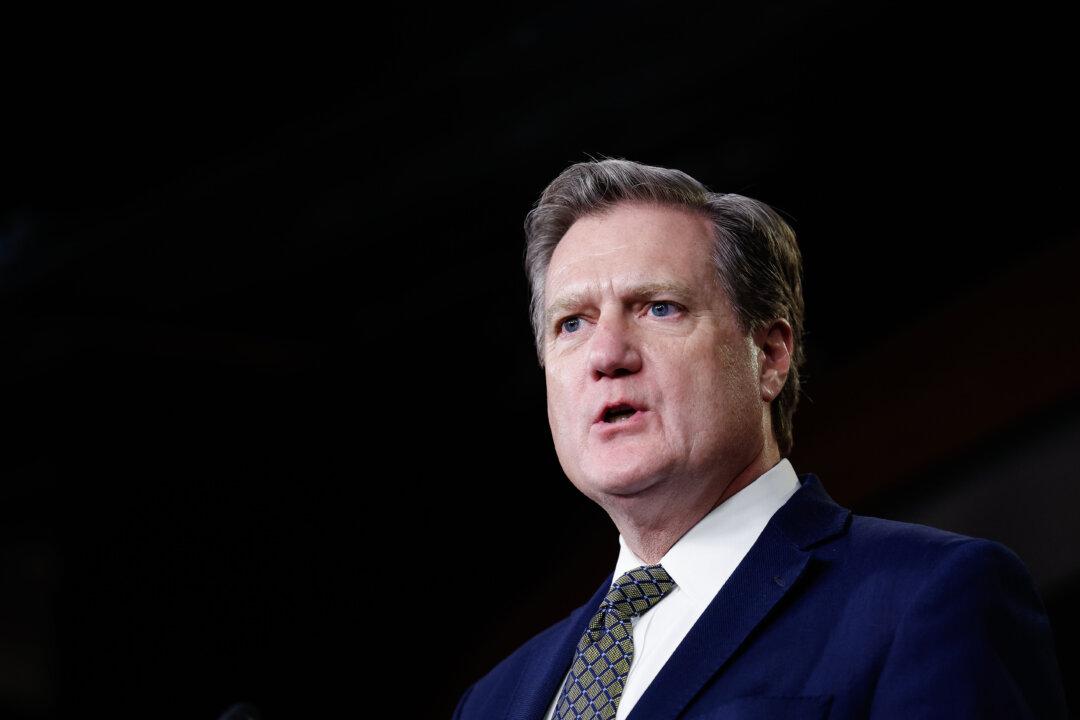The United States should consider “direct military action” in Ukraine if North Korean troops invade, Rep. Mike Turner (R-Ohio), chairman of the House Intelligence Committee, said on Oct. 23.
Turner, one of the 101 House Republicans who voted in favor of sending more than $60 billion in aid to Ukraine in April, urged the Biden administration to make it clear that North Korea’s involvement in the war would be a “red line for the United States.”





